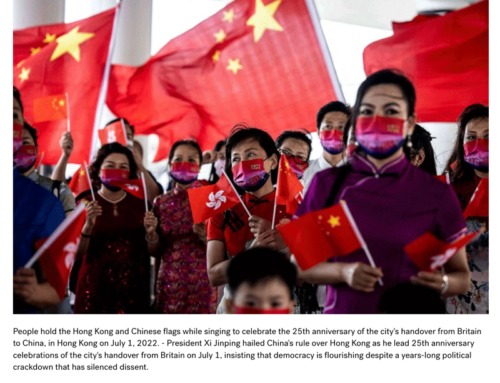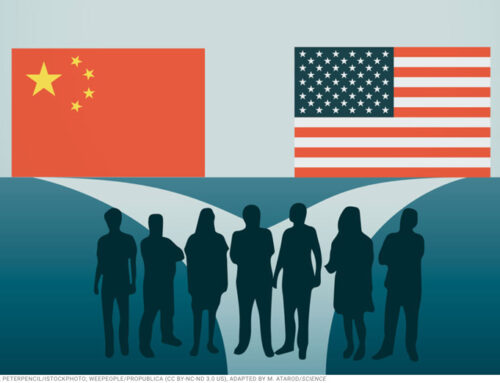China is not only cultivating its own college graduates and experts, but also trying to bring back the sons and daughters who left China for higher education. While the number of Chinese students returning from overseas has increased dramatically, three nagging issues remain. First, the rate of return has remained approximately 30 percent for decades. True, in 2009 the numbers of returnees jumped to 115,000 a year, a threefold increase since 2007, but that increase is largely because in 2009, more than 240,000 Chinese students went abroad to study at all levels — high school, undergraduate and graduate degrees, a tenfold increase over 2004.
Second, the return rate among Chinese who received Ph.D.’s in the United States is shockingly low. Approximately 92 percent of all Chinese who received a science or technology Ph.D. in the U.S. in 2002 were still in the U.S. in 2007. This rate was well above India’s, which is in second place with 81 percent.
Finally, China’s universities and scientific research institutes cannot draw back the “crème de la crème” of its overseas talent. In late 2008, the Chinese Communist Party began the “1,000 Talents” program, aimed at these supremely talented Chinese. Through a wide variety of terrific incentives — sometimes as much as $1 million — the party has encouraged academic and research institutes, as well as municipal governments, to “bring back the best.”
If China wants to bring back the best, it needs a fundamental reform of its academic and scientific institutions.
The 1,000 Talents program has met with some success. As of summer 2011, 2,100 people had returned under this program. Entrepreneurs are much more willing to move back permanently; the academics and scientists in the program prefer short term visits and are reluctant to sail to China with all their belongings.
So, why do the scientists and academics not return permanently, and what must the Chinese leaders do?
If China wants to bring back the best, it needs a fundamental reform of its academic and scientific institutions. Most important, it must weaken the power of academic and scientific administrators. Too much money passes through the hands of these administrators, rather than being distributed through open, competitive, peer-review procedures. Similarly, in many institutions, promotion depends on your relationship with the dean or senior faculty and not your academic pedigree. Returnees, or those who hesitate to return, often say that in China, “personal relationships are too complex” – a code for the backstabbing and petty jealousies and the need to cultivate ties with leaders in your own field.
Not all institutions suffer from these foibles. Shanghai Jiaotong University has blind votes for tenure decisions; senior faculty get only one vote and no veto. Nationwide, more and more funding is being allocated on a competitive basis. Moreover, people in the next generation of leaders advocate more “relaxed, tolerant and lenient” institutions.
Today, China’s leaders recognize the dilemma: Chinese who went abroad for PhDs, and have since become leaders in scientific and academic institutions overseas, will not return unless the system changes. The lack of reform, not funds offered by the state, determines where the really talented will settle.
Link to this article: The New York Times
David Zweig is the associate dean of the School of Humanities & Social Sciences at the Hong Kong University of Science and Technology, and the director of its Center on China’s Transnational Relations.





Leave A Comment